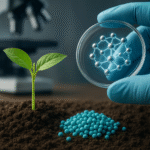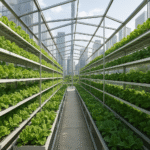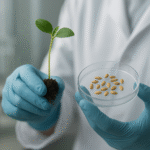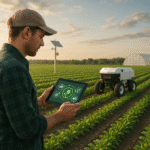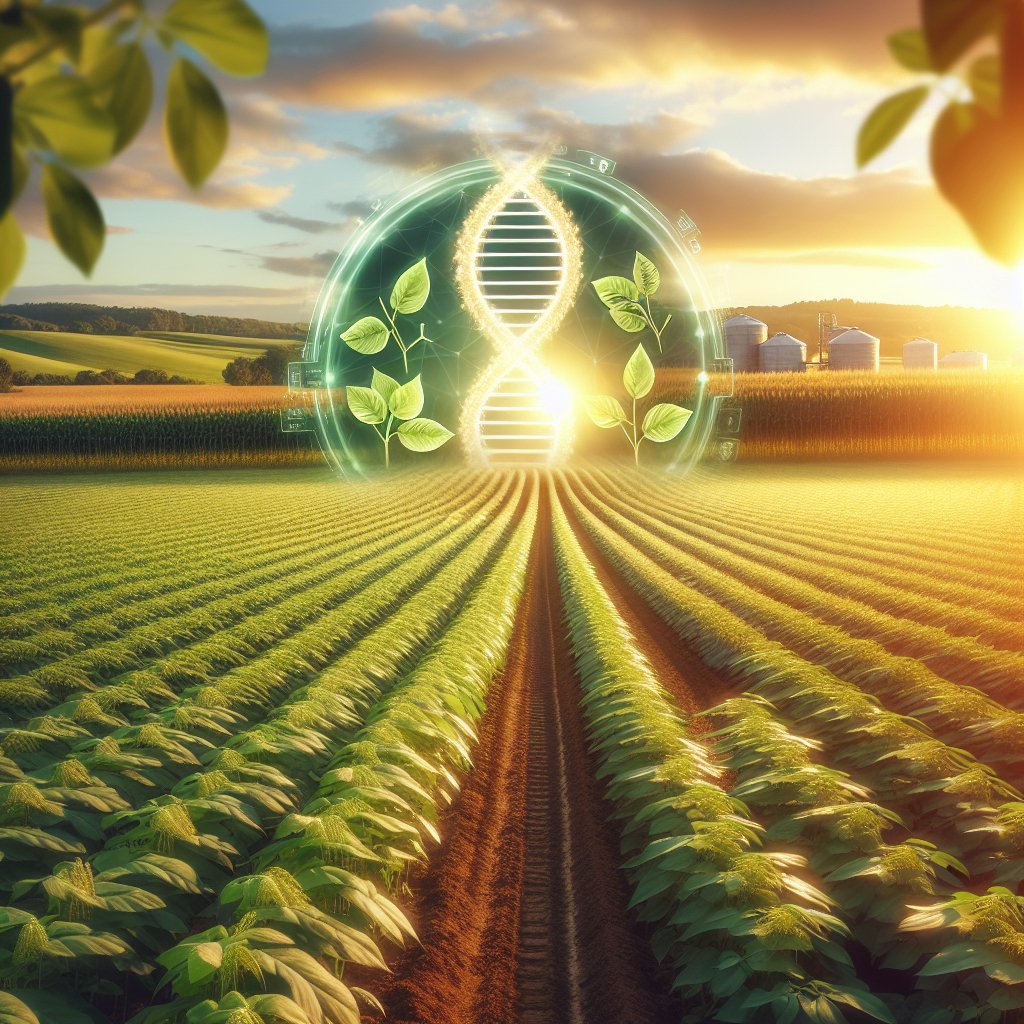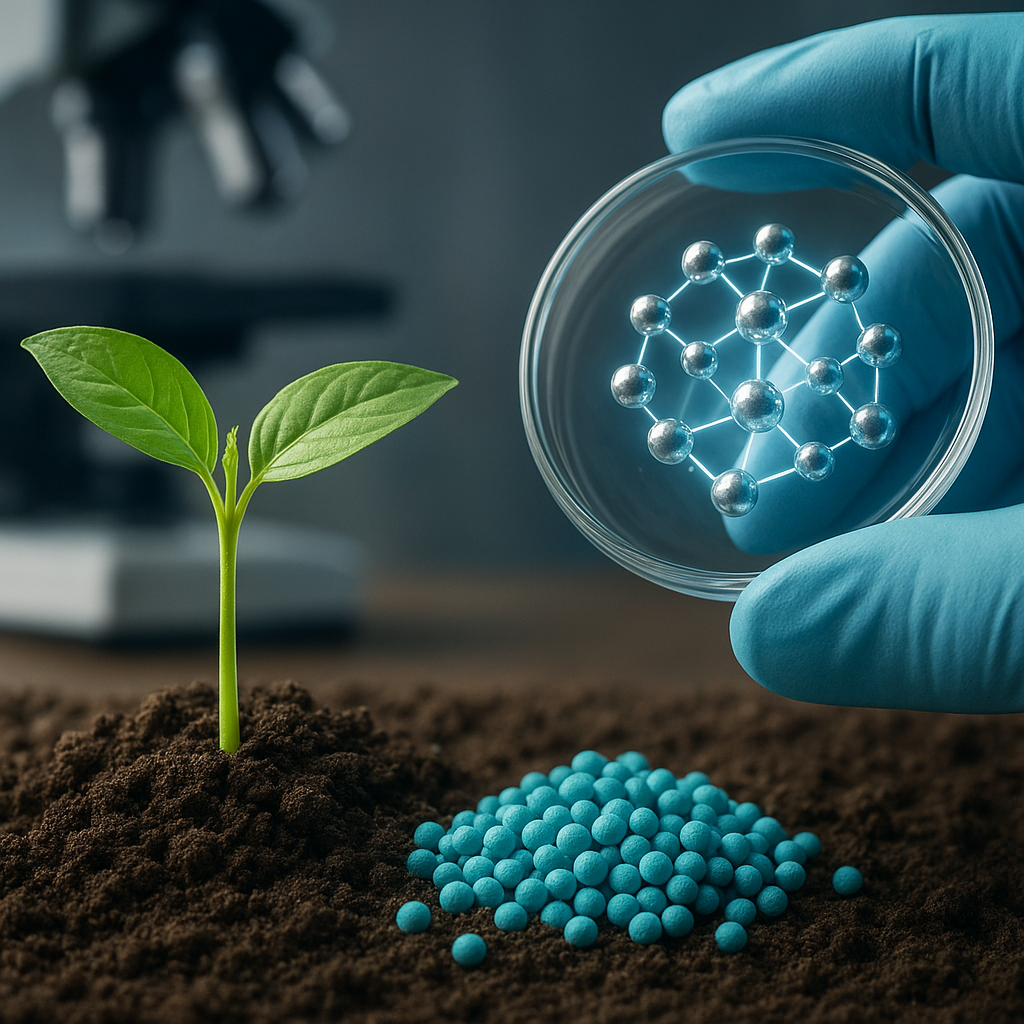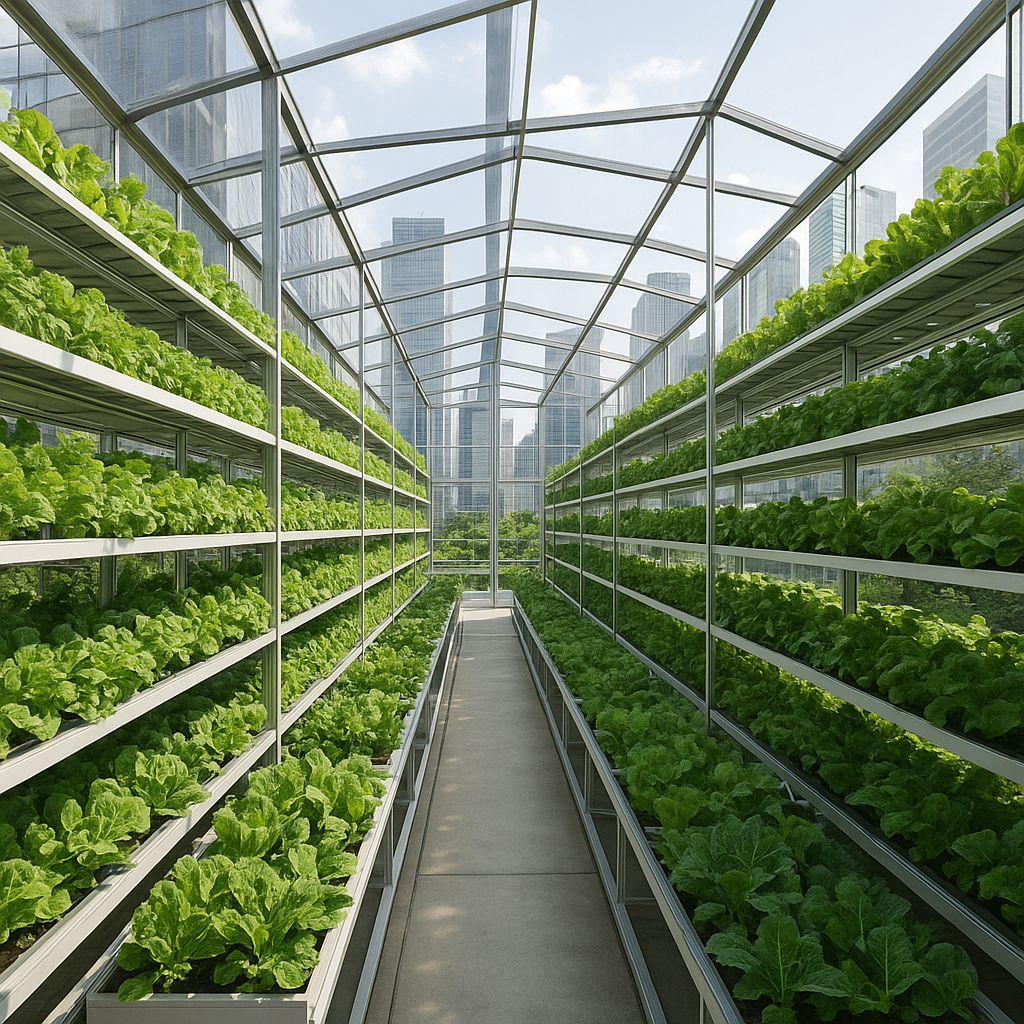Biotechnology has emerged as a powerful tool in modern agriculture, offering innovative solutions to enhance crop resilience and yield. By leveraging genetic engineering, molecular markers, and other biotechnological advancements, scientists and farmers are working together to address the challenges posed by climate change, pests, and diseases.
Enhancing Crop Resilience through Genetic Engineering
One of the most significant contributions of biotechnology to agriculture is the development of genetically modified organisms (GMOs). These crops are engineered to possess traits that make them more resilient to environmental stresses such as drought, salinity, and extreme temperatures. For instance, drought-resistant varieties of maize and wheat have been developed to withstand prolonged periods of water scarcity, ensuring stable yields even in arid regions.
Genetic engineering also plays a crucial role in enhancing pest and disease resistance. By introducing specific genes from other organisms, scientists have created crops that can produce their own pest-repelling compounds or resist infections. For example, Bt cotton, which contains a gene from the bacterium Bacillus thuringiensis, produces a protein toxic to certain insect pests, reducing the need for chemical pesticides and promoting sustainable farming practices.
Case Study: Golden Rice
Golden Rice is a prime example of how biotechnology can address nutritional deficiencies while improving crop resilience. This genetically modified rice variety is engineered to produce beta-carotene, a precursor of vitamin A, in its grains. Vitamin A deficiency is a major public health issue in many developing countries, leading to blindness and other health problems. By incorporating beta-carotene into rice, a staple food for millions, Golden Rice aims to combat this deficiency and improve overall health outcomes.
Moreover, Golden Rice has been developed to be resilient to various environmental stresses, ensuring that it can be cultivated in diverse agricultural settings. This dual benefit of enhanced nutrition and resilience makes Golden Rice a promising solution for food security and public health.
Boosting Crop Yield with Molecular Markers
Another significant advancement in agricultural biotechnology is the use of molecular markers for crop improvement. Molecular markers are specific sequences of DNA that are associated with particular traits, such as high yield, disease resistance, or improved nutritional content. By identifying and selecting these markers, plant breeders can accelerate the development of superior crop varieties.
Marker-assisted selection (MAS) is a technique that combines traditional breeding methods with molecular markers to enhance the efficiency and precision of crop improvement. This approach allows breeders to screen large populations of plants for desirable traits at the seedling stage, significantly reducing the time and resources required for breeding programs.
Case Study: High-Yielding Rice Varieties
In recent years, researchers have successfully used MAS to develop high-yielding rice varieties that are also resistant to major diseases such as bacterial blight and blast. By incorporating multiple resistance genes into a single variety, scientists have created rice plants that can thrive in disease-prone areas, ensuring higher and more stable yields for farmers.
These high-yielding rice varieties have been instrumental in improving food security in regions where rice is a staple crop. The increased productivity not only benefits farmers economically but also contributes to the overall stability of the food supply chain.
Future Prospects and Challenges
While biotechnology holds immense potential for improving crop resilience and yield, it also faces several challenges. Public perception and regulatory hurdles are significant barriers to the widespread adoption of genetically modified crops. Concerns about the safety and environmental impact of GMOs have led to stringent regulations in many countries, slowing down the commercialization of biotechnological innovations.
Additionally, the high cost of research and development in biotechnology can be a limiting factor, particularly for small-scale farmers in developing countries. Ensuring equitable access to biotechnological advancements is crucial for achieving global food security and sustainable agriculture.
Despite these challenges, the future of biotechnology in agriculture looks promising. Advances in gene editing technologies, such as CRISPR-Cas9, offer new possibilities for precise and efficient crop improvement. By continuing to invest in research and fostering collaboration between scientists, policymakers, and farmers, we can harness the full potential of biotechnology to create a more resilient and productive agricultural system.
Conclusion
Biotechnology has revolutionized agriculture by providing innovative solutions to enhance crop resilience and yield. Through genetic engineering, molecular markers, and other biotechnological tools, we can develop crops that are better equipped to withstand environmental stresses, pests, and diseases. While challenges remain, the continued advancement and adoption of biotechnology hold the key to a sustainable and food-secure future.
